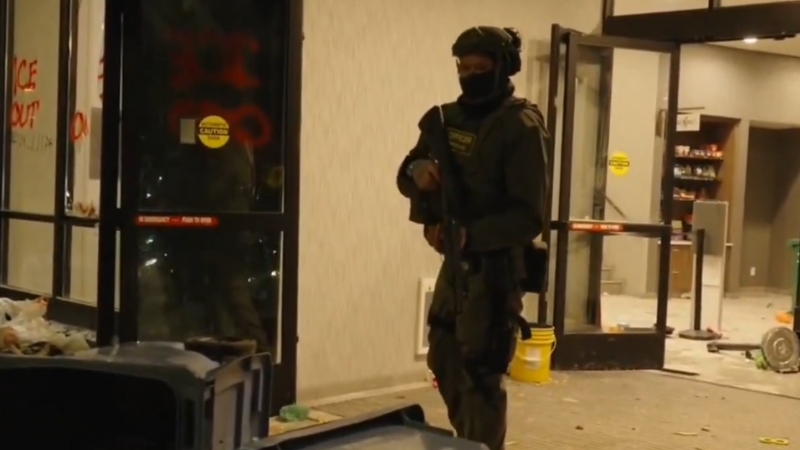
A new way of justifying censorship.
According to a recent study by the World Economic Forum (WEF) and allied organizations, cybersecurity concerns are taking on new dimensions. Misinformation and disinformation disseminated via the internet are now being framed as key challenges in ensuring “cybersecurity.” The troubling report was launched on December 5 and designated as “Cybersecurity Futures 2030: New Foundations.”
The study postulates the future of cybersecurity lies rather in safeguarding the integrity and source of data. This introduces a novel perspective on the significance of locating and quashing fabricated information, cynically tagged as “mis”- or “dis-information” held in the cybersecurity domain.
Various international conferences, both virtual and geo-located, were instrumental in shaping the insights of the study. Sessions held across the world, in conjunction with an online gathering inviting participants across Europe, were supposedly catalysts in outlining the futuristic, hypothetical scenarios catapulting cybersecurity to 2030.
The WEF report pushes digital security “literacy training” as quintessential to warding off the threats posed by misinformation and disinformation, referring to them as the “core of cyber concerns.” This is similar to controversial proposals for “media literacy” that are taking place across some governments, most recently California.
The authors opine that a widespread competence in internet literacy is the sine qua non in warred zones of data fraud and run-of-the-mill cybercrime.
The report’s writers unfold an interesting perspective where “stable governments,” with long-term tech and cybersecurity strategies up their sleeves, morph into reliable and trustworthy information gatekeepers. The study also puts the roles of government and the private sector in preserving trust under its lens, particularly in the US context, deliberating who should be entrusted with the key censorship task.



